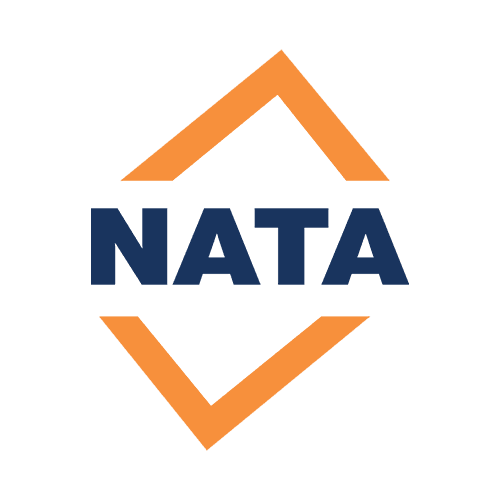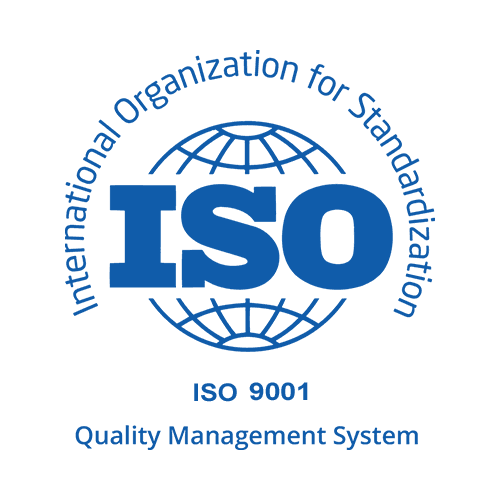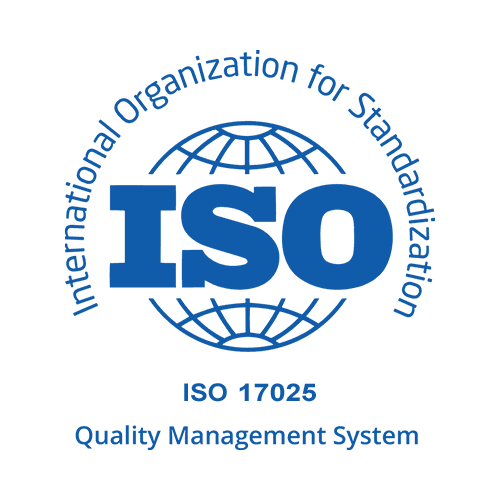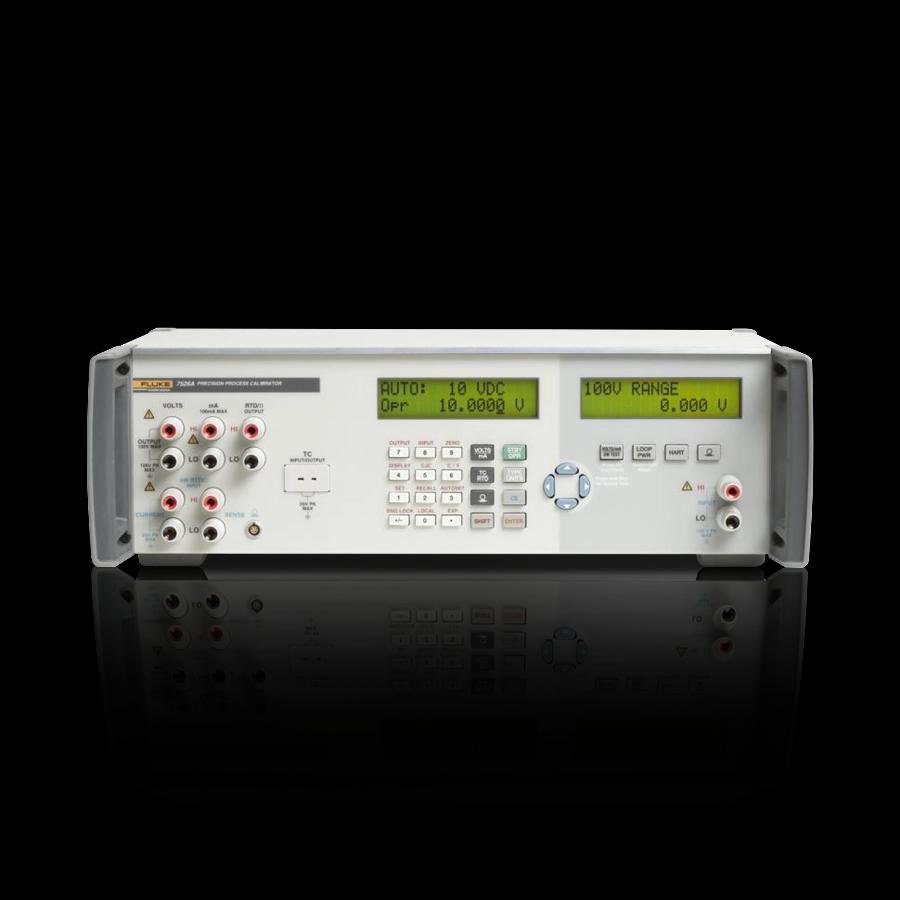Weighing calibration is the process of determining the accuracy and precision of a weighing instrument, such as a scale or balance, by comparing it to a known reference weight or standard. The process typically involves adjusting the instrument's settings or components, if necessary, to ensure that it meets specified performance criteria.
Weighing calibration is important for several reasons:
- Ensuring accuracy and precision: Weighing calibration helps to ensure that a weighing instrument is measuring the weight of an object accurately and precisely. This is critical for applications such as industrial production, where small variations in weight can have a significant impact on production quality and efficiency.
- Compliance with regulations: Many industries, such as food and pharmaceuticals, are regulated by government agencies that require weighing instruments to be calibrated regularly to ensure compliance with laws and regulations.
- Quality control: Weighing calibration helps to ensure that the weighing instrument is working correctly, which is essential for maintaining quality control in manufacturing and laboratory settings.
- Cost savings: Regular calibration can help to identify and correct any issues with a weighing instrument before they lead to costly errors or downtime in production.
- Traceability: Many weighing instruments are used to measure products or materials that are sold to customers or used in further production. Weighing calibration ensures that the weight measurements are accurate and traceable to national or international standards, which is important for maintaining customer confidence and ensuring product quality.
As for why to use CI Scientific for weighing calibration, it could be because of their reputation in providing accurate and reliable calibration services, their use of traceable standards, their compliance with international standards and their experienced and highly trained technicians.
Additionally, they may have the necessary equipment and facilities to perform the calibration onsite which could save time and cost. It is also important to note that using a reputable calibration service provider is important to ensure the reliability of the calibration results.
The following types of equipment or machines typically require weighing calibration:
- Analytical balances: These are highly accurate and precise balances that are used for measuring small masses. They are often used in laboratories for applications such as weighing chemicals or determining the mass of a sample.
- Precision weights: These are weights of known mass that are used to calibrate analytical balances and other precision weighing instruments. They are typically made of materials such as stainless steel, brass or aluminum.
- Precision weights: These are weights of known mass that are used to calibrate analytical balances and other precision weighing instruments. They are typically made of materials such as stainless steel, brass or aluminum.
- Torque screwdrivers: These are hand-held tools that are used to apply a specific amount of torque to a fastener. They are often used in precision assembly operations such as electronic devices, medical device, etc.
- Portable Scales: These are scales that are used to weigh items in the field, such as livestock, equipment or containers.
- Checkweighing Scales: These are scales that are used to check if an item is within a specific weight range, they are often used in packaging, production and logistics.
- Load cells and load transducers: These are devices that are used to measure weight by converting a force into an electrical signal. They are used in many types of industrial and laboratory weighing applications
In summary, most of the equipment used for measuring weight, from highly precise analytical balances to industrial scales, require calibration to ensure accurate and precise measurements. The calibration interval depends on the usage of the equipment and the environment in which it is used.
Additionally, it is important to note that even equipment that is not used for weighing, but is used for measurements, such as load cells, load transducers and force gauges, also need calibration to ensure accurate measurements.
Weighing calibration is used in a variety of industries, including:
- Pharmaceuticals: Weighing calibration is critical in the pharmaceutical industry because accurate measurements of ingredients and finished products are essential for ensuring safety and efficacy. Weighing instruments used in the production of pharmaceuticals must be calibrated regularly to ensure compliance with regulations and to maintain product quality.
- Food and Beverage: Weighing calibration is important in the food and beverage industry because accurate measurements of ingredients and finished products are essential for ensuring safety and quality. Weighing instruments used in food production must be calibrated regularly to ensure compliance with regulations and to maintain product quality.
- Manufacturing: Weighing calibration is essential in manufacturing because accurate measurements of raw materials, intermediate products, and finished goods are important for controlling production quality and efficiency. Weighing instruments used in manufacturing must be calibrated regularly to ensure that they are measuring accurately and precisely.
- Chemical and petrochemical: Weighing calibration is important in the chemical and petrochemical industry because accurate measurements of raw materials, intermediate products, and finished goods are important for controlling production quality and efficiency. Additionally, the chemical industry is heavily regulated, and many chemicals are hazardous, so it is important to have accurate measurements to ensure safety.
- Laboratory: Weighing calibration is critical in the laboratory, as accurate measurements of chemicals, samples, and test materials are essential for ensuring the validity and reliability of research and test results. Weighing instruments used in a laboratory must be calibrated regularly to ensure that they are measuring accurately and precisely.
Overall, Weighing calibration is important in various industries as accurate measurements are essential for ensuring safety, quality, and efficiency in production, research and compliance with regulations.
In Australia, there are several certificates, standards, and procedures that are required for weighing calibration:
- National Association of Testing Authorities (NATA) accreditation for laboratories: This is a requirement for laboratories that want to be recognized as providing reliable and accurate test and calibration results, and it ensures that the laboratory has the necessary technical competence and quality management systems in place.
- ISO/IEC 17025:2017 standard for laboratory management and technical requirements: This is an international standard that outlines the general requirements for the competence, impartiality, and consistent operation of laboratories. It helps to ensure that laboratories have the necessary technical and management systems in place to produce accurate and precise results.
- Measurement traceability to national standards through the use of reference standards and equipment: This is necessary to ensure that measurements made by the laboratory are directly traceable to national standards, and that measurement results are accurate and consistent.
- Compliance with relevant legal and industry-specific requirements: This is necessary to ensure that laboratory measurements are in compliance with relevant laws and regulations, such as those for food testing or medical devices.
- Weighing instruments should be calibrated by technicians who are qualified and trained in accordance with the manufacturer's instructions and the applicable standards and regulations.
- A calibration certificate should be issued after each calibration, containing information such as the date of calibration, the calibration results, the uncertainty of measurement and the calibration intervals.
In summary, to perform weighing calibration in Australia, laboratories must be NATA accredited, have a quality management system in accordance with ISO/IEC 17025, use reference standards that are traceable to national standards, comply with relevant laws and regulations, and have qualified and trained technicians who follow the manufacturer's instructions. Additionally, a calibration certificate should be issued after each calibration, containing all relevant information.





